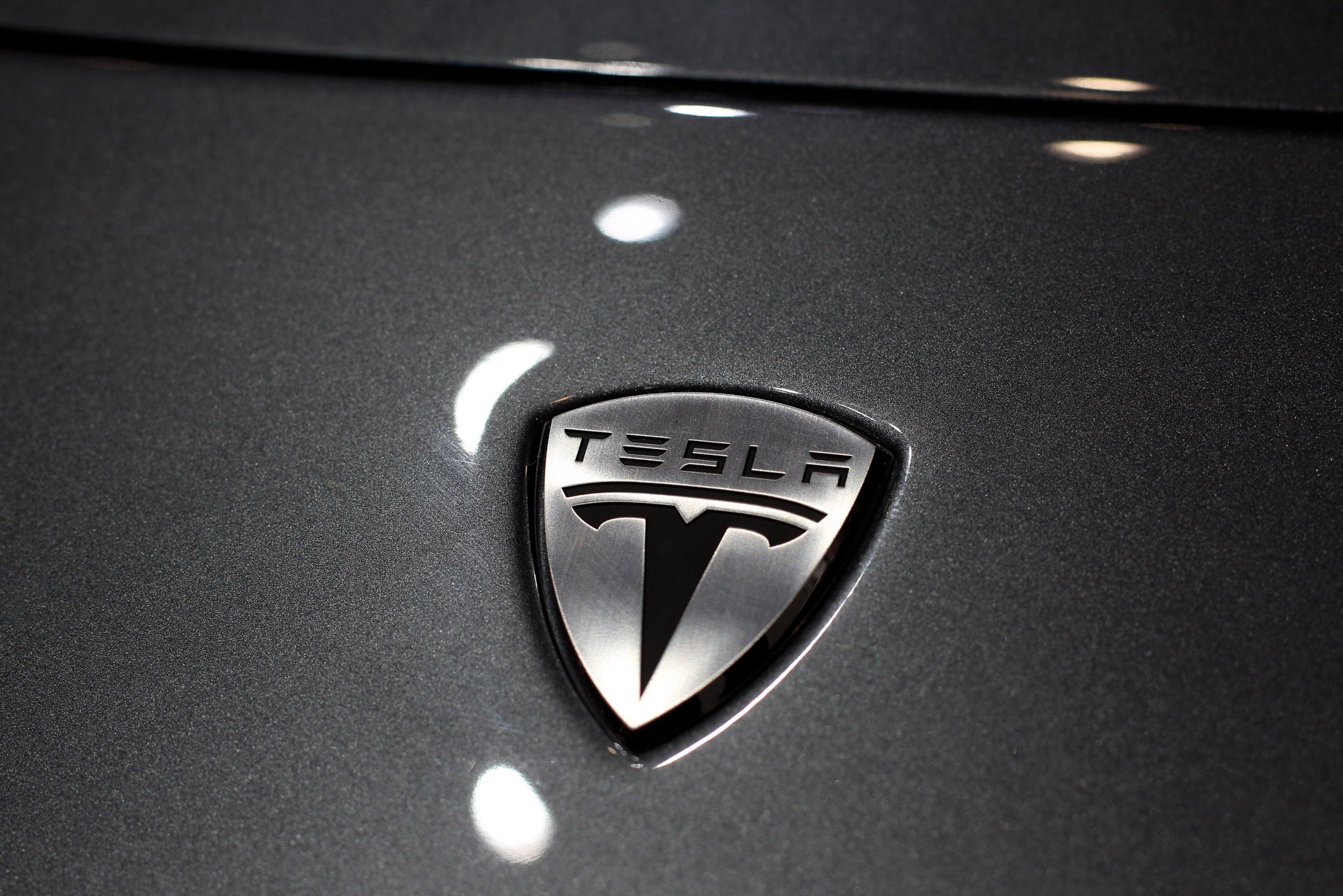
Thanks to Elon Musk, Australia is now home to the world's largest lithium-ion battery.
The 129-megawatt-hour battery has yet to be turned on, but if it proves functional it could supply 30,000 homes in South Australia with electricity, The Wall Street Journal reports. It's set to be tested over the next few days, which puts it on track to meet Musk's promise to install it within 100 days or provide it to the state for free.
Congratulations to the Tesla crew and South Australian authorities who worked so hard to get this manufactured and installed in record time! https://t.co/M2zKXlIVn3
— Elon Musk (@elonmusk) November 23, 2017
In March, the 46-year-old billionaire took to Twitter to announce his plan to get the plant working in such a short time span.
"Tesla will get the system installed and working 100 days from contract signature or it is free. That serious enough for you?" Musk wrote in a reply tweet to fellow billionaire Mike Cannon-Brookes, the co-founder and co-CEO of Atlassian.
Musk's 100-day deadline began on September 29, when the deal was signed. At the time of his signature, the company had already half finished the battery installation, Reuters reports.
Now, the battery packs are completely installed. The Tesla CEO took to Twitter on Thursday to commend his team's efforts.
"Congratulations to the Tesla crew and South Australian authorities who worked so hard to get this manufactured and installed in record time!" he wrote.
If operable, the system will help improve South Australia's ongoing energy shortages.
"While others are just talking, we are delivering our energy plan, making South Australia more self-sufficient, and providing backup power and more affordable energy for South Australians this summer," Jay Weatherill, South Australia's premier, said in a statement, according to CNBC. "The world's largest lithium-ion battery will be an important part of our energy mix, and it sends the clearest message that South Australia will be a leader [in] renewable energy with battery storage."
Considering how fast the project is moving along, the state may soon have a free energy supply. But, if Musk and his team don't meet the 100-day deadline, it's unknown how much the state would have to pay. According to Reuters, the battery packs are part of a $390 million plan to create more reliable electricity after a series of recent blackouts in the state.
The Australian project is just one example of Musk's latest energy-supplying efforts. Recently, he also helped Puerto Rico recover after the island was slammed by Hurricane Maria in September. The Tesla team used solar panels and batteries to bring the lights back on to a children's hospital in Guaynabo, Vox reports. The installations provided electricity to Hospital del Niño for 20 hours each day.
Uncommon Knowledge
Newsweek is committed to challenging conventional wisdom and finding connections in the search for common ground.
Newsweek is committed to challenging conventional wisdom and finding connections in the search for common ground.
About the writer
To read how Newsweek uses AI as a newsroom tool, Click here.








